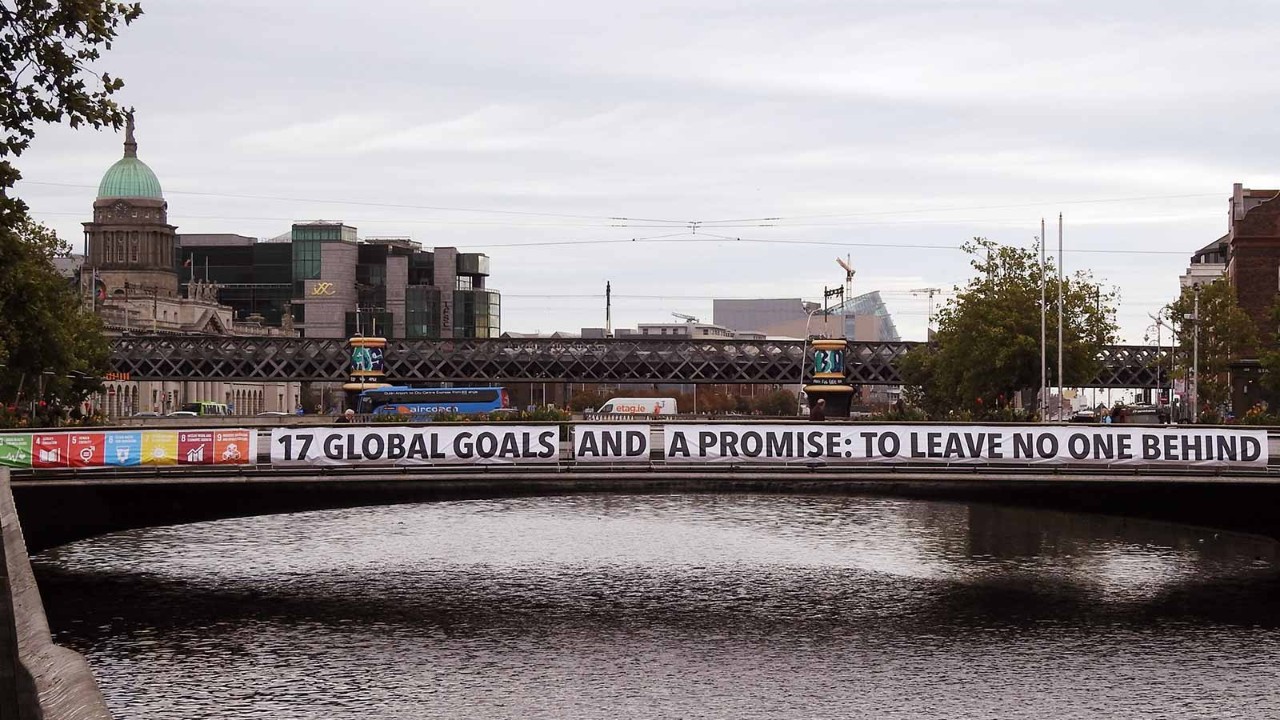
Over the past few years my inbox has been inundated with reports from investment businesses and thinktanks about the importance of ESG – environmental, social and governance. I have attended numerous conferences about ESG (in pre-Covid days) and hosted webinars and podcasts aplenty dedicated to the topic. It has been impossible to avoid the subject.
In a few of those early conversations about the role of ESG, it was treated by some like a box-ticking exercise, to be addressed in the way corporate social responsibility had been treated a decade ago – something that needed to be done, but not something that an entire organisation should ever be troubled with.
The ESG effect
As companies go about transitioning to a carbon-free world, the environmental aspect of ESG has become more prominent and obvious. Where does that leave the social and governance tenets? Beyond mere lip service, how would companies embrace the social and governance issues day to day?
The answer to that question has become apparent in the past couple of months in the response to the war in Ukraine. It is hard to think that the economic response to the war would have been as vociferous as it has been if there were no ESG.

What makes the situation in Ukraine different is how speedily companies have cut ties with Russia
The speed with which businesses have responded, even before economic and financial sanctions were put in place, is something that has taken me and others by surprise. Sanctions are not new tools. Organised crime, terrorist groups and unsavoury regimes have all been targeted by trade and other financial sanctions for many years, with sometimes questionable effectiveness as the sanctions have either been skirted or a blind eye has been turned.
What makes the situation in Ukraine different is just how speedily companies and other organisations have acted in cutting their ties with Russia. There is no major brand or company that has not either suspended or completely removed itself from Russia at this stage. Would this have happened unless ESG were now taken so seriously by businesses?
Nowadays, individuals are able to access indices and funds that pay greater attention to their wider role in society, and ESG funds are sold to retail as well as intentional investors. That creates incentives for companies to get ahead of situations that may damage their brand. The few brands that maintained links in the weeks after the invasion or attempted to justify their decisions to do so suffered an inevitable PR backlash.
Stakeholder impact
What may be telling is that businesses are paying attention to a greater range of voices than they normally would in this situation. Consumers, employees and governments are having a noticeable impact on the decisions made by companies and individuals to sever links with the Moscow regime, regardless of the cost. I find it hard to believe that if the war had happened even five years ago we would have witnessed such a response. That is ESG in action and very visibly so.
As admirable as the stance is – and it will be particularly costly for some businesses to exit Russia, never mind the impact of exit on their Russian employees and customers – will it set a precedent that may be justified in other scenarios? It can be clear in some cases where action may be warranted and needed, less so in others, and few businesses and boards will want to be drawn into every possible controversy. Yet the truth is that without organisations taking ESG as seriously as they have the sanctions may not have had as much bite as they are having.
More information
For more resources, visit ACCA’s Ukraine hub
Keep up-to-date with sustainability-related issues with our curated selection of resources.




